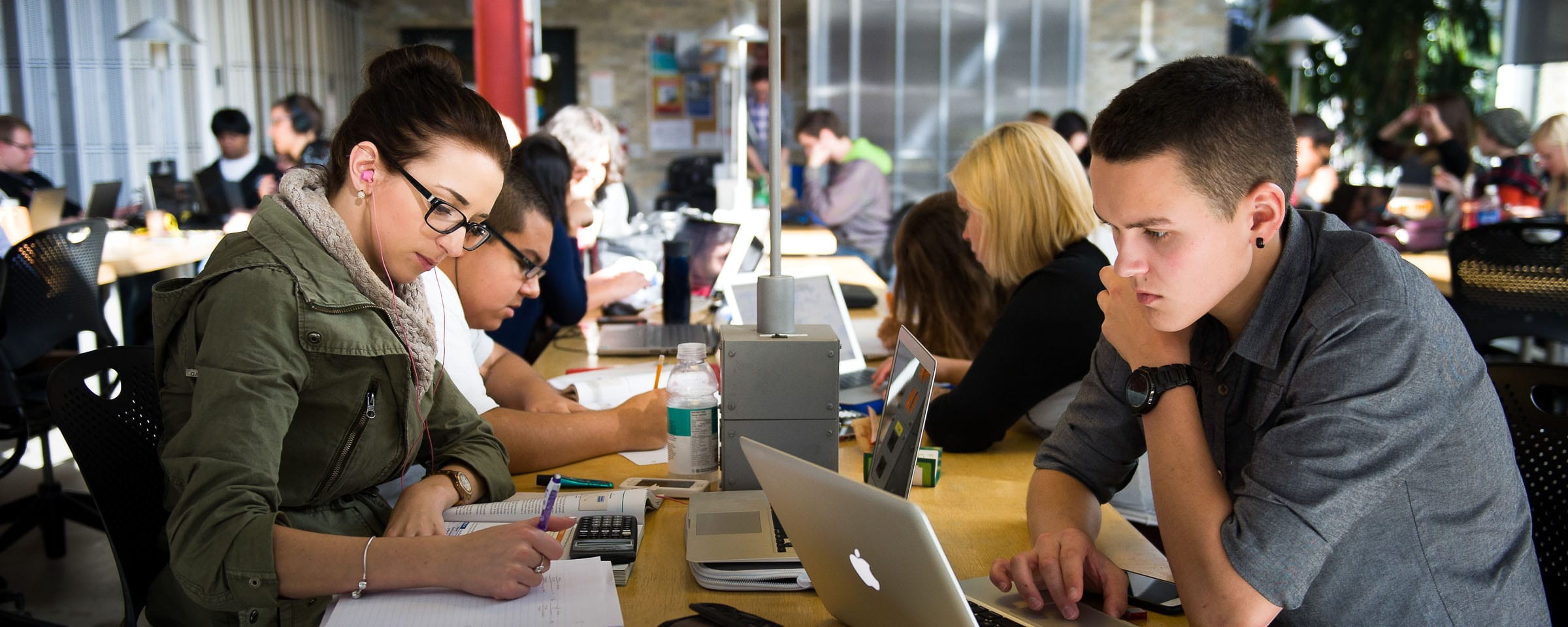Professional Development Workshops
Professional Development Workshops
As part of the implementation of the E-Portfolio to students in the Accounting and Computer Education department we will be developing professional development workshops. Every week there will be two hours included in the student’s schedule for professional development and every semester will focus on how the students can expand and modify their portfolio as they learn new skills. By establishing regular classroom sessions students will be given direction on the creation and maintenance of their portfolio in both a group setting and individually. The importance of these workshops will be to prepare students for their co-op and industry project work terms and ultimately their job search for full time employment.
In the first semester students will be learning about what a portfolio is, how to create it, what to include in it and how to document their learning. At the beginning of each subsequent semester students will be taught how to reflect on their learning from their previous semester and include examples of the skills that they developed in and out of school. In the second semester the focus will be developing and enhancing their portfolio further and preparing for an industry mock interview.
In addition to the E-Portfolio students will be learning job search skills, cover letter and resume preparation, interview skills as they prepare for co-op. Students will be able to reflect on and get feedback on the co-op process as they apply for jobs and experience industry interviews. During their work term and upon return for their final semester students can use this time to add relevant skill sets to their portfolio and document their learning. In their final semester students will reflect on their overall learning, academically and from industry to modify their portfolio into a document that will impress employers.
As you have seen in previous blogs we are currently training to be able to show learners how to use an E-Portfolio and build it through Mahara. There are 8 staff members from the ACE department that are among those taking an 8 week course in E-Portfolios. We are looking to implement the concept of E-Portfolios to the Business Technology Management students in the second half of this semester. Then we will begin the Professional Development workshops in September for both the current BTM students and the new intake in the fall.

 We have just started into another iteration of the Business Information Technology (BIT) industry project course. We hope to continue giving students great learning opportunities building solutions from inception to delivery where all the things that can happen on a project – can and do happen.
We have just started into another iteration of the Business Information Technology (BIT) industry project course. We hope to continue giving students great learning opportunities building solutions from inception to delivery where all the things that can happen on a project – can and do happen. 





